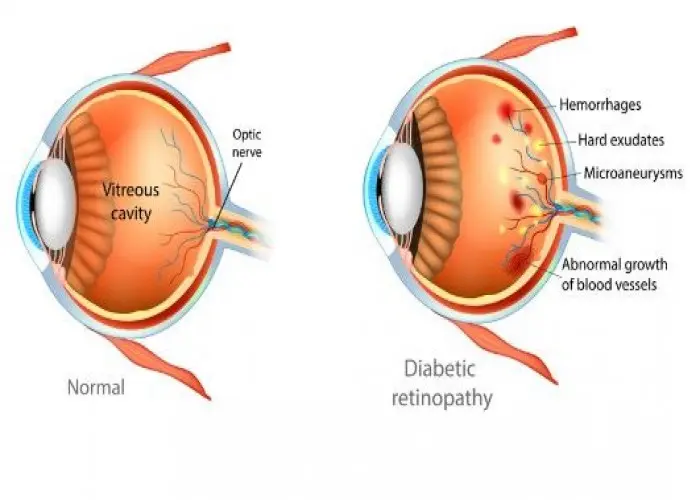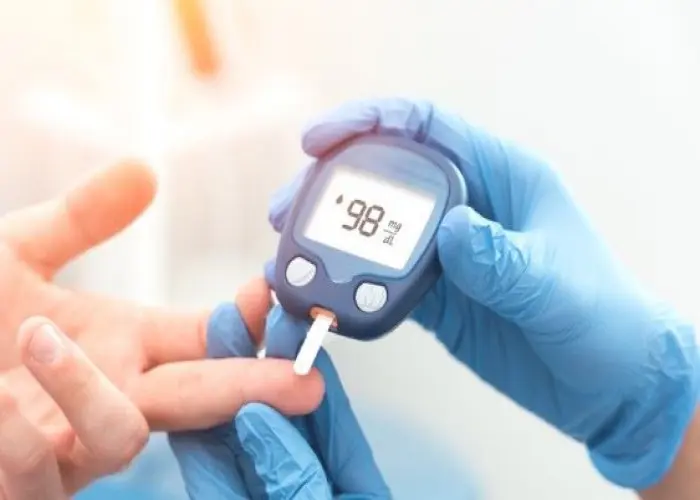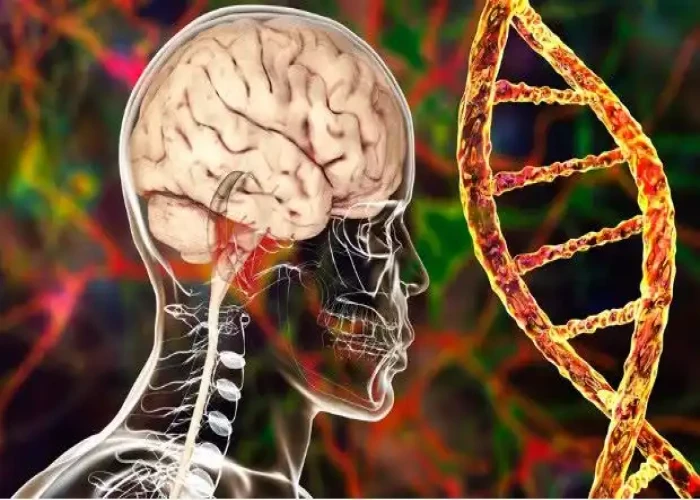 Welcome
Welcome
“May all be happy, may all be healed, may all be at peace and may no one ever suffer."
Tuberous sclerosis

Tuberous sclerosis, also known as tuberous sclerosis complex (TSC), is a rare genetic disorder that affects multiple organ systems, including the brain, skin, heart, kidneys, and lungs. It is caused by mutations in either the TSC1 or TSC2 genes, which regulate cell growth and division.
The symptoms of tuberous sclerosis can vary widely depending on the organs affected and the severity of the disease. Some people with TSC may have only mild symptoms, while others may have severe disabilities. Common symptoms of TSC can include seizures, intellectual disability, developmental delays, behavioral problems, skin lesions, and kidney disease.
Diagnosis of TSC is typically based on clinical features and genetic testing. Imaging studies, such as CT scans and MRIs, may also be used to help diagnose the condition and determine the extent of organ involvement.
There is no cure for TSC, but treatment can help manage symptoms and improve quality of life. Treatment options may include anticonvulsant medications to control seizures, surgical intervention for brain tumors or skin lesions, and medications to treat other symptoms such as high blood pressure or kidney disease. Early intervention and ongoing monitoring are important to prevent complications and optimize outcomes for people with TSC.
Research Papers
Disease Signs and Symptoms
- Seizures
- Unusual behavior
- Sensitivity to light (Photophobia)
Disease Causes
Tuberous sclerosis
Signs and symptoms of tuberous sclerosis may be noticed at birth. Or the first signs and symptoms may become evident during childhood or even years later in adulthood.
Contact your child's doctor if you're concerned about your child's development or you notice any of the signs or symptoms of tuberous sclerosis described above.
Disease Prevents
Disease Treatments
Although there is no cure for tuberous sclerosis, treatment can help manage specific symptoms. For example:
- Medication. Anti-seizure medications may be prescribed to control seizures. Other medications may help manage heart arrhythmias, behavior problems or other signs and symptoms. A drug called everolimus (Afinitor, Zortress) may be used to treat certain types of brain and kidney growths that can't be surgically removed. The topical ointment form of a drug called sirolimus may help treat acnelike skin growths.
- Surgery. If a growth affects the ability of a specific organ — such as the kidney or heart — to function, the growth may be surgically removed. Sometimes surgery helps control seizures caused by brain growths that don't respond to medication. Surgical procedures such as dermabrasion or laser treatment may improve the appearance of skin growths.
- Various types of therapy. Early intervention services, such as occupational, physical or speech therapy, can help children with tuberous sclerosis who have special needs in these areas improve their ability to manage daily tasks and activities.
- Educational and vocational services. Early intervention and special needs services can help children with developmental delays and behavior issues adapt to the classroom so that they can meet their full potential. When needed, social, vocational and rehabilitation services may continue throughout life.
- Psychiatric and behavior management. Talking with a mental health provider may help children accept and adjust to living with this disorder. A mental health provider can also help address behavioral, social or emotional issues and recommend resources.
Disease Diagnoses
Disease Allopathic Generics
Disease Ayurvedic Generics
Disease Homeopathic Generics
Disease yoga
Tuberous sclerosis and Learn More about Diseases

Diabetic retinopathy

Eating disorders

Familial hypercholesterolemia

Sciatica

Common variable immunodeficiency

Hypoglycemia

Movement disorders

Ingrown toenails
tuberous sclerosis, টিউবারাস স্ক্লেরোসিস
To be happy, beautiful, healthy, wealthy, hale and long-lived stay with DM3S.
